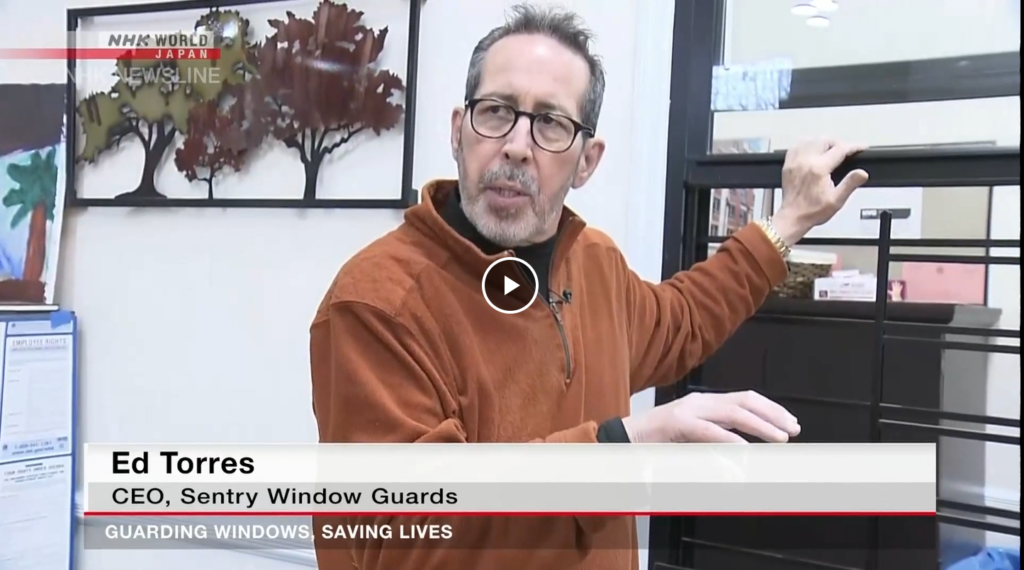In the midst of the Coronavirus pandemic, many families are spending much more time at home. This has been challenging for parents trying to sustain daily schedules, manage virtual school work and activities, all while maintaining work from home or essential worker jobs. Many families are practically tripping over each other in their home, which is now serving as a place to work, play, learn, and exercise. And parents are being asked to multitask in ways that they typically have not been before. All of these circumstances lead to an increased need for childproofing around the home. Even if you feel your home is already a safe space for your child, it never hurts to take a look around with fresh eyes to see whether there are any holes in your safety strategy.
- Anchor furniture. Use fasteners and brackets to ensure bookshelves, dressers and cabinets will not fall over. You can’t tell simply by looking at a piece of furniture whether it’s stable, so if your furniture isn’t already anchored to the wall, now is the time to do so.
- Keep medicines and vitamins up and away and out of sight and reach of children. And keep medicines in their original child-resistant containers relocking safety caps after each use.
- Store cleaning supplies carefully. Instead of keeping your cleaning supplies under the sink, put them in a higher cabinet or buy locks for the cabinet doors. Hand sanitizers pose an especially high risk to children right now because people are using them more often, and some are brightly colored which attracts curious littles. Most sanitizers contain at least 60 percent alcohol, potentially causing serious injury when consumed by a child. If someone in your home does consume a dangerous cleaning fluid, call poison control immediately, at 800-222-1222.
- Use properly installed safety gates on stairs and lock any rooms where access needs to be monitored.
- Maintain working smoke and carbon monoxide detectors throughout the home.
- Never leave small children unattended around open windows. To help prevent children from climbing up to an open window, don’t place furniture near windows. Properly installed window guards are your best defense in preventing window falls.
- Give young children your full attention in the bathtub or around water. Teach children to never go near or in water without adult permission. Drowning is the leading cause of injury-related death for children ages 1-4.
- Be sure and keep cribs clear of objects such as stuffed animals, bumpers and blankets. Hundreds of infants die each year due to suffocation or strangulation because of these objects in the crib.
At Sentry Window Guards we make it our mission to help keep families safe. We hope these tips will help you protect your children from home injuries during the Coronavirus pandemic. For more information regarding our window guard products and our experience and leadership in understanding NYC safety requirements, contact us today!










